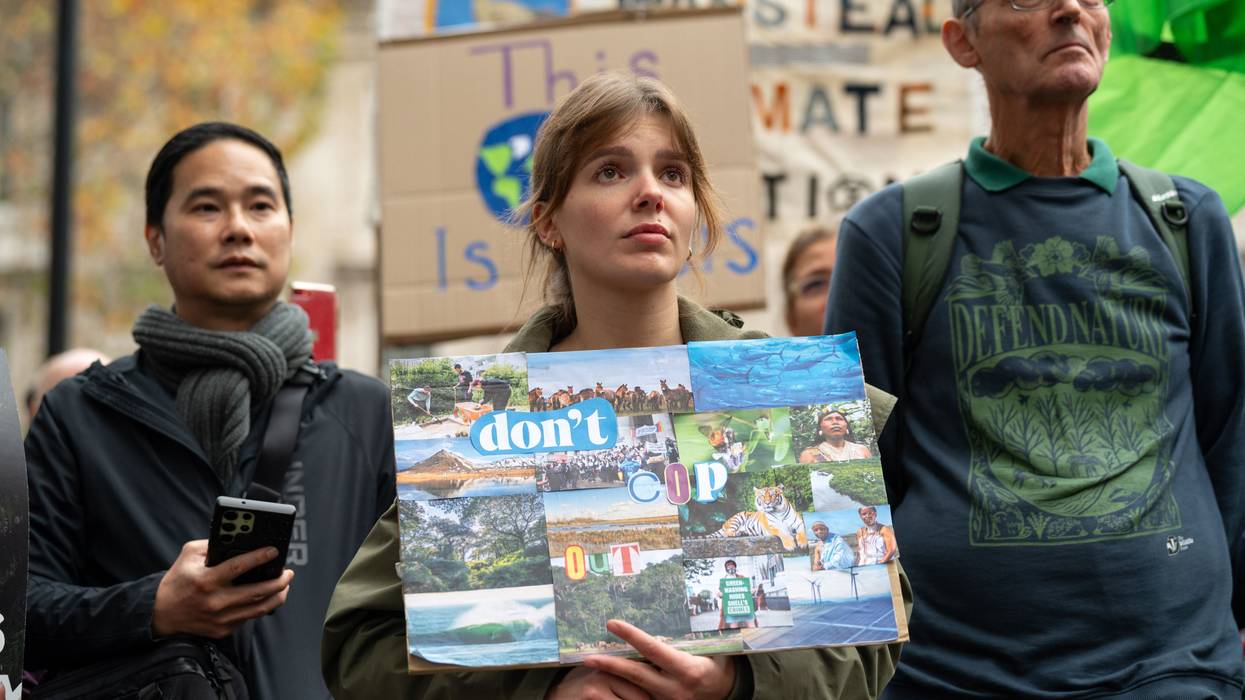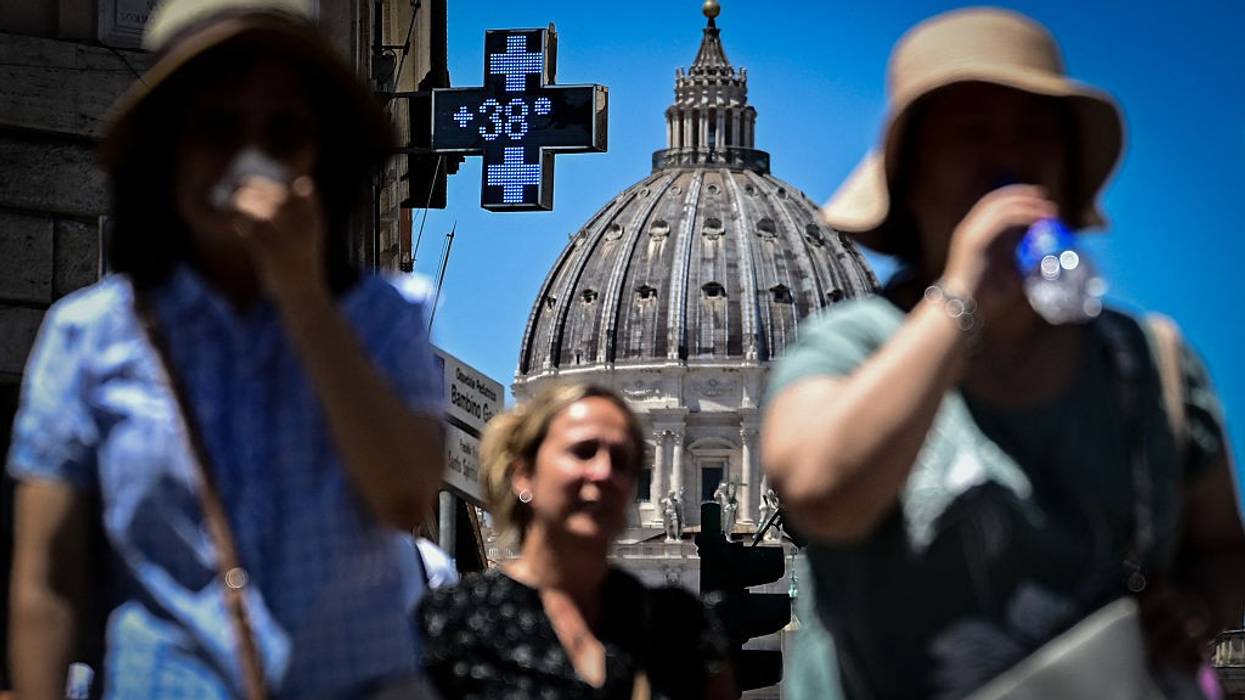The joint call was published on the first day of the virtual Global Women's Assembly for Climate Justice: Path to COP30 and Beyond, organized by the Women's Earth and Climate Action Network (WECAN) International.
"For too long, science-based climate solutions have been sacrificed on the altar of capitalism."
"The climate crisis is not just an environmental crisis—it is a crisis of justice, of society, and of humanity itself. How we respond, and who is centered in that response, matters profoundly," said WECAN founder and executive director Osprey Orielle Lake in a statement. "We are calling for systemic transformation—one that delivers climate, social, and economic justice for all generations."
"While governments and corporations push us deeper into climate chaos, movements around the world are rising," she noted. "From every corner of the Earth, women leaders are coming together with solutions and strategies to defend our planet and our communities. We call on governments and financial institutions to heed their voices and ensure effective and equitable policies—from Bonn to Belém and beyond. We must rise boldly, because climate change is not waiting for politics. Our movements are not bending. We are not breaking. We are defining and building a healthy and just future for all."
The new call to action points out that "last year, the world breached this threshold with global average temperatures exceeding 1.5ºC above preindustrial levels. This alarming milestone is not yet a permanent breach of the Paris agreement guardrail, which refers to long-term warming, although scientists predict that 2024 will be the first of a 20-year period reaching 1.5ºC warming."
"Although the pathway is drastically narrowing, the International Energy Agency affirms that the goal of the Paris agreement is still attainable," the publication continues. "Scientists assert that limiting global warming to 1.5ºC will require significant and urgent action from governments and financial institutions."
Specifically, the coalition outlined 10 broad actions for governments and financial institutions, beginning with urging both the public and private sectors to end fossil fuel expansion and extraction, and to "reject false solutions, such as natural gas, mega-dams, geoengineering, bioenergy, forest offsets, carbon trading schemes, nuclear energy, biodiversity credits, and carbon capture and storage."
The collective also called for accelerating a just transition, promoting women's leadership and gender equity, protecting the rights of Indigenous peoples, safeguarding forests and biodiversity, preserving oceans and freshwater, advancing food security and sovereignty, implementing the Rights of Nature, providing robust climate finance, and cutting off financial institutions' support for "harmful projects and redirecting resources into climate solutions."
In addition to WECAN, signatories include Amazon Watch, Journalists for Human Rights, MADRE, MoveOn.org, Public Citizen, Rainforest Action Network, Turtle Island Restoration Network, Urgewald, and over 100 other organizations.
"For too long, science-based climate solutions have been sacrificed on the altar of capitalism," said Zukiswa White, a project specialist and social justice consultant, and speaker at the WECAN assembly. "Corporations, financial institutions, and governments have criminalized and penalized those fighting to defend life, protect the integrity of the planet, and fight for climate action. All this, while the wealthy elite profit off of extracting and burning our planet's resources."
"If we are to prevent the worst of climate change—a crisis that is already impacting most people on the planet—we demand that we insist on a different path," White continued. "Choosing to keep the status quo is neither a coincidence nor is it our inevitable destiny. Rather, it is a political choice. So too is upholding systems that violate planetary boundaries. To counter this, we must center the work of frontline leaders and experts around the world—move into implementation of policies that not only halt climate devastation, but also champion democratic, gender transformative, and community-based solutions."




